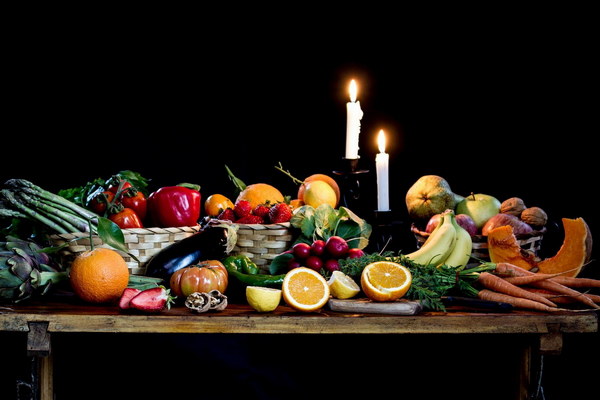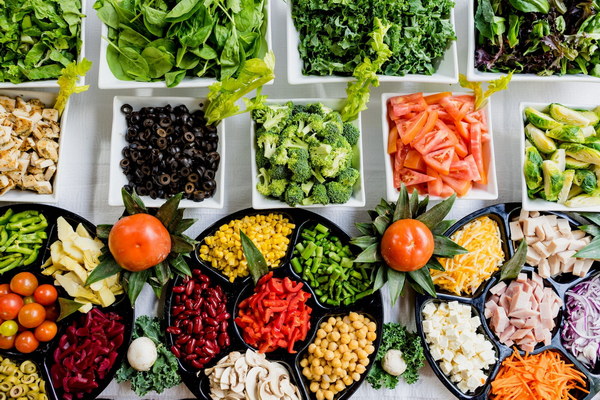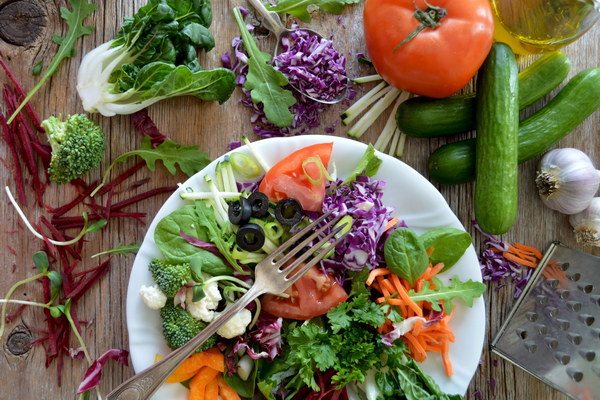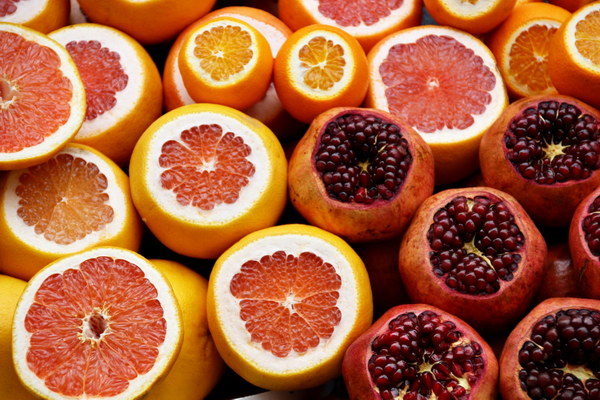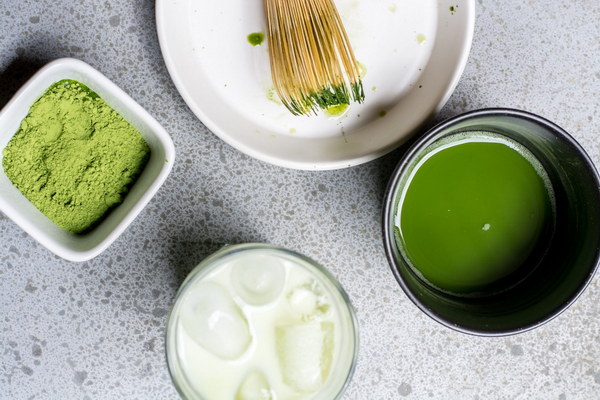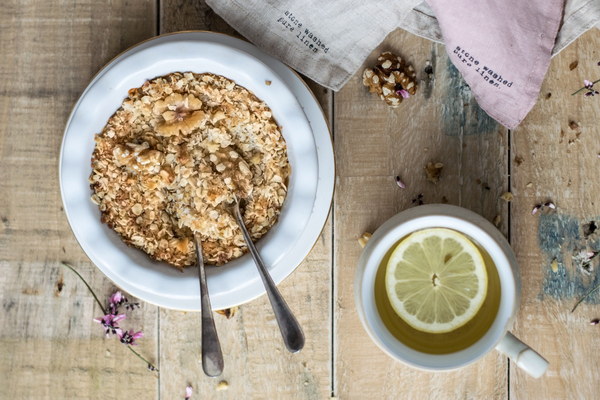Gastric Illness Discover the Best Vegetables to Nourish Your Stomach
Introduction:
Gastric illness is a common health problem that affects many people. Whether it's acid reflux, gastritis, or an ulcer, the discomfort and pain can be quite overwhelming. While medication is essential for treating these conditions, it's also crucial to adopt a diet that helps to nourish and heal your stomach. In this article, we'll explore the best vegetables to include in your diet if you're suffering from gastric illness, and how they can help soothe and heal your stomach.
1. Carrots:
Carrots are a great source of beta-carotene, which is converted to vitamin A in the body. Vitamin A is known for its healing properties and can help to reduce inflammation and protect the stomach lining. Carrots are also easy on the stomach, making them an ideal choice for those with gastric illness.
2. Spinach:
Rich in vitamin K, iron, and magnesium, spinach can help to reduce stomach acidity and promote healing. It's also a good source of fiber, which can aid digestion. To enjoy spinach, you can steam it or add it to soups and stews.

3. Sweet Potatoes:
Sweet potatoes are a nutritious and soothing food for the stomach. They are rich in beta-carotene, vitamin C, and fiber, which can help to reduce inflammation and promote healing. You can enjoy sweet potatoes in various forms, such as baked, roasted, or mashed.
4. Broccoli:
Broccoli is a powerhouse of nutrients, including vitamin C, vitamin K, and calcium. These nutrients can help to reduce stomach acidity and promote healing. To maximize the benefits of broccoli, steam it or sauté it with a bit of olive oil and garlic.
5. Cabbage:
Cabbage contains compounds that can help to reduce stomach acidity and inflammation. It's also rich in vitamin C and fiber, which can aid digestion. To prepare cabbage, you can steam it, sauté it, or even make it into a soothing cabbage soup.
6. Asparagus:
Asparagus is a low-acid vegetable that can help to reduce stomach acidity and inflammation. It's also rich in fiber, which can aid digestion. To enjoy asparagus, you can steam it, roast it, or sauté it with a touch of lemon and olive oil.
7. Peas:
Peas are a great source of fiber and protein, which can help to soothe an irritated stomach and promote healing. They are also rich in vitamins A and C, which can help to reduce inflammation. You can add peas to soups, stews, or enjoy them as a side dish.
8. Garlic:
Garlic has natural antibacterial and anti-inflammatory properties that can help to soothe an irritated stomach and promote healing. It's also a digestive aid that can help to reduce bloating and gas. Add garlic to your meals in moderation, as too much can irritate the stomach further.
Conclusion:
Incorporating these vegetables into your diet can help to nourish and heal your stomach if you're suffering from gastric illness. Remember to consult with your healthcare provider before making any significant changes to your diet, especially if you have specific dietary restrictions or allergies. By following a balanced diet and combining these vegetables with other stomach-friendly foods, you can take an essential step towards a healthier and more comfortable stomach.

